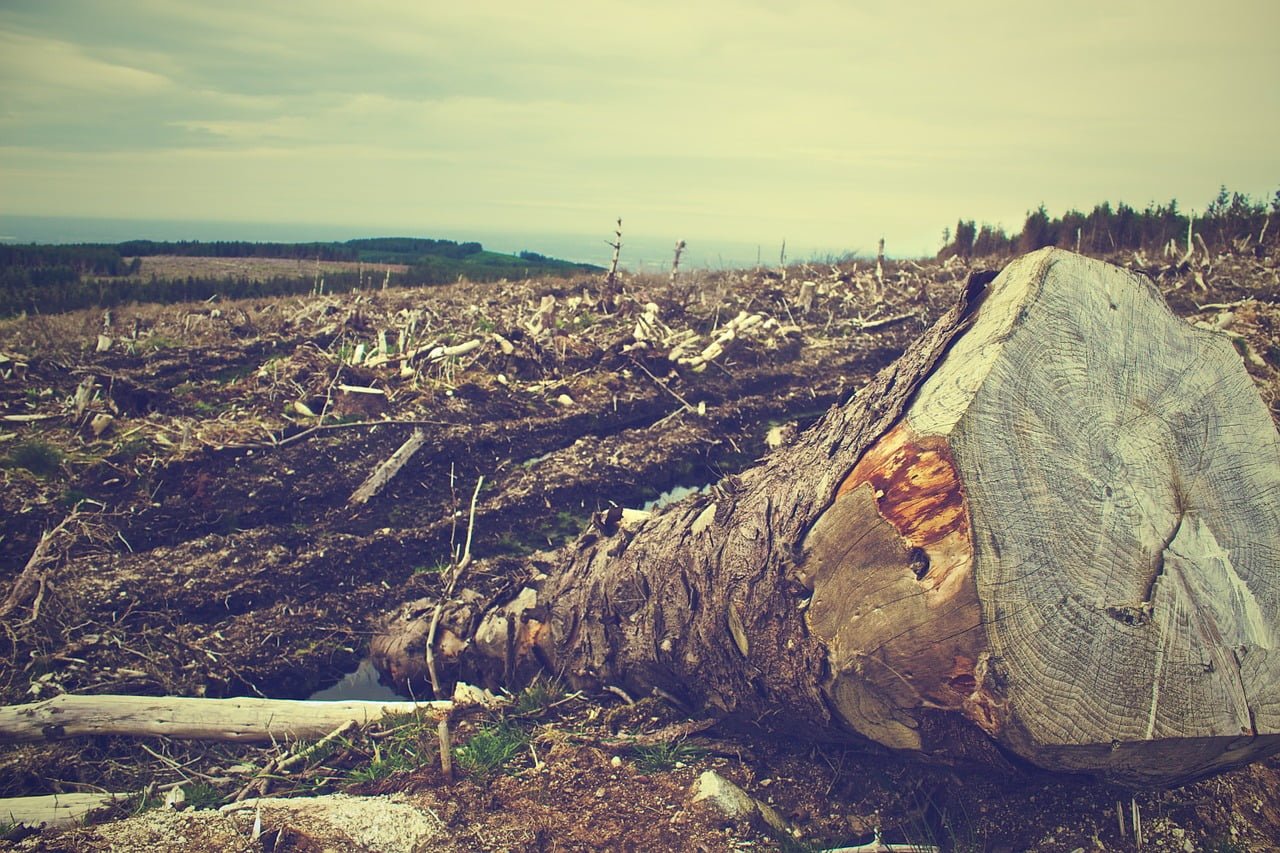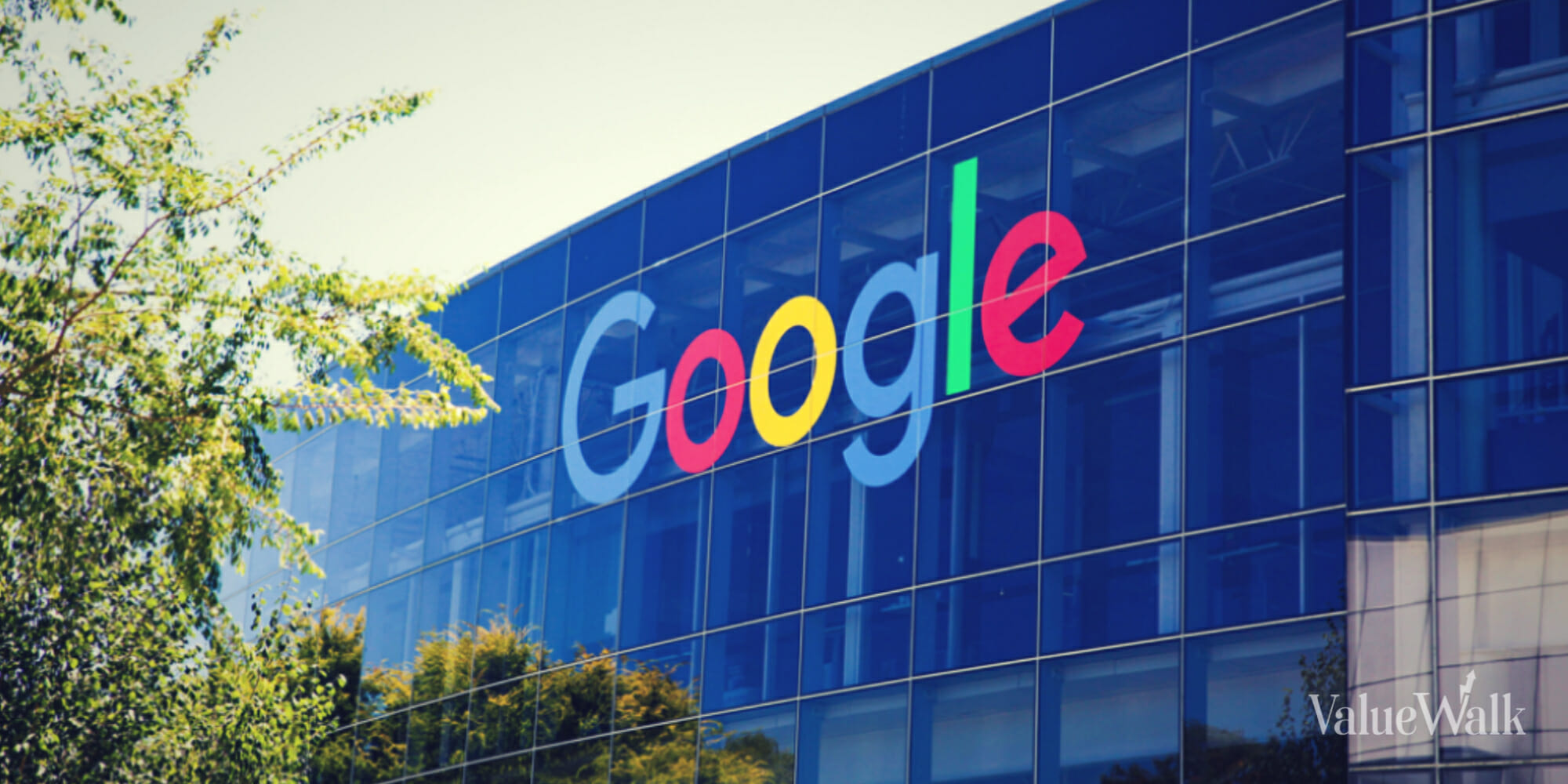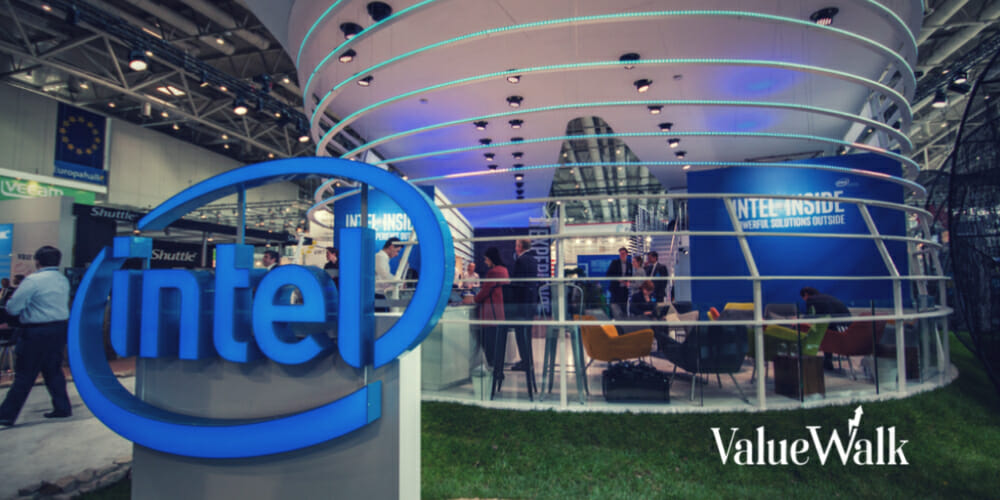Mondelez International (MDLZ) Shareholders Call for Transparent, Traceable Deforestation-Free Cocoa Supply Chains
Consumer group SumOfUs says Mondelez should follow companies like Hershey & Lindt & Sprungl on cocoa
Q4 hedge fund letters, conference, scoops etc
LINCOLNSHIRE — Mondelez shareholders represented by SumOfUs, an international consumer group, have submitted a shareholder resolution calling on the American multinational food and beverage company to adopt transparent, traceable and deforestation-free cocoa supply chains. The proposal is scheduled to be presented at Mondelez’ Annual General Meeting on May 15th in Lincolnshire, Illinois.
View shareholder proposal here.
View proxy statement here.
Research shows that cocoa is a driver of climate change caused by deforestation in Africa, Asia, and South America. Millions of acres of forest have been cut down for cocoa production. According to the shareholder proposal, Mondelez uses cocoa in a number of its brand products, and subsidiary Cadbury is the second largest confectionery company in the world.
Companies with cocoa sourcing policies similar to Mondelez’ have been subject to strong public criticism related to deforestation. Although Mondelez launched Cocoa Life in 2012 to sustainably source all cocoa by supporting cocoa farmers and their communities, SumOfUs suggests that the company lacks disclosure of time-bound goals and key indicators used to measure performance. A growing number of peer companies, including Lindt & Sprungli and Hershey, have both pledged to develop transparent, traceable deforestation-free cocoa supply chains. Both Lindt & Sprungli and Hershey have cocoa policies and public statements with more firm commitments than Mondelez’ and pledge to implement them as soon as 2020, while Mondelez’ goal for implementation is unknown.
“The trend we’re seeing food manufacturers take indicates that sourcing sustainable cocoa is feasible, and raises the bar for the entire food and beverage sector, heightening risks and opportunities for Mondelez’,” said Eoin Dubsky, Campaign Manager at SumOfUs. “Deforestation accounts for over 10% of global greenhouse gas emissions and contributes to biodiversity loss, soil erosion, disrupted rainfall patterns. Companies that fail to mitigate the impacts of their supply chain on forests can suffer from bad publicity which, along with increased consumer awareness and concern about deforestation, poses a significant reputational risk. In short, Mondelez’ cocoa policies are bad for business, which is why we are urging shareholders to support this proposal.”
Key indicators that stakeholders often use to publicly assess cocoa sourcing, which Mondelez’ may want to consider using, include:
- Percentage of cocoa that is traceable. Traceability means knowing the cocoa’s origin and being able to establish where, how and by whom it was grown. This includes ensuring that child labor is not used in the production process.
- Percentage of cocoa supply that is verified by third parties.
- Percentage of cocoa supply certified by global certification and labeling organizations.
- Percentage of shade-grown cocoa.






